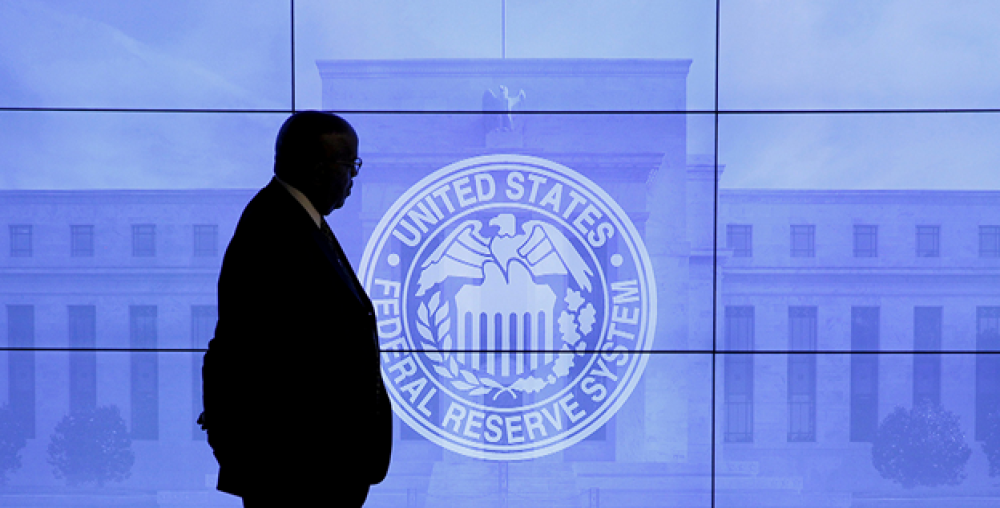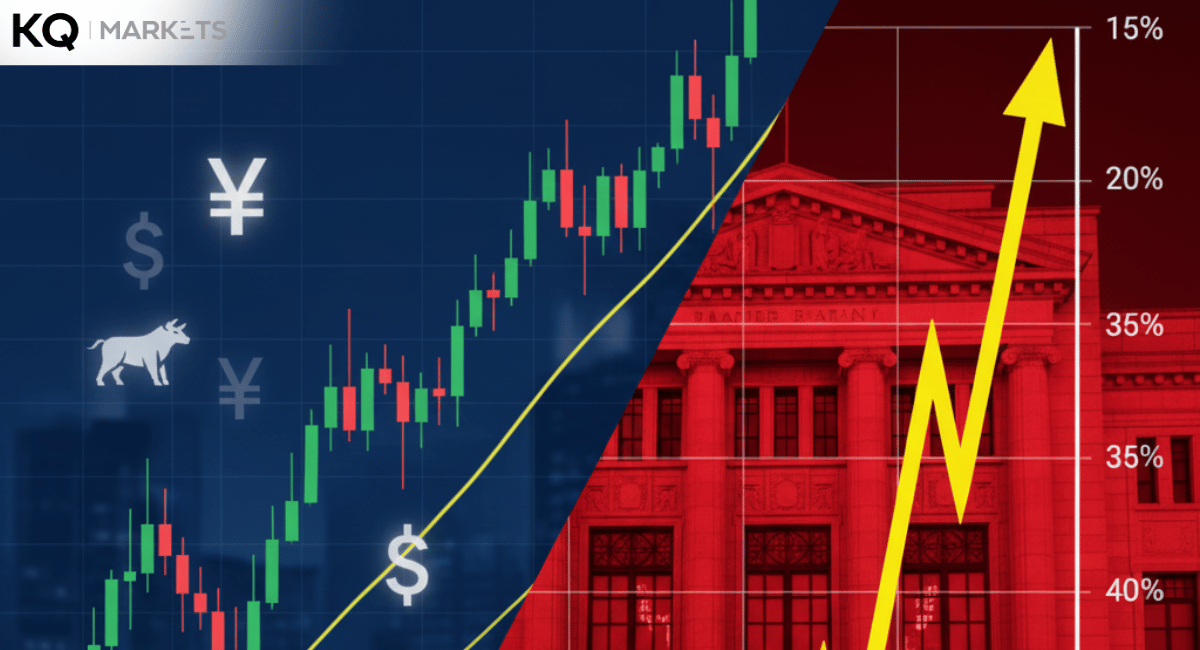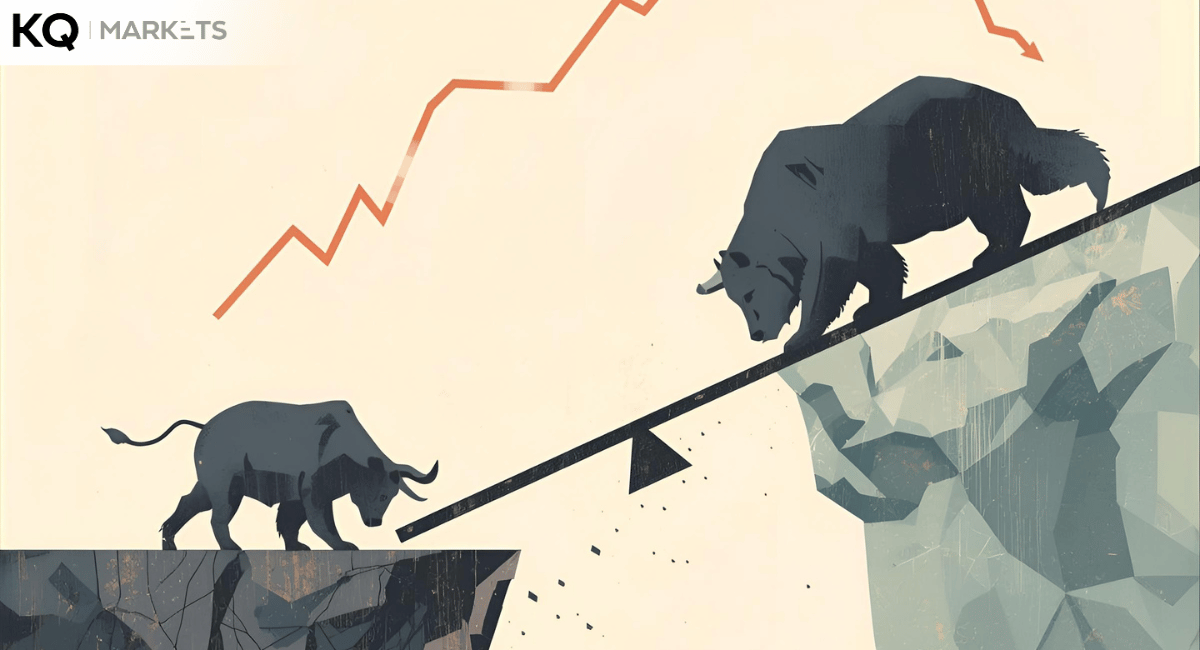Rapid inflation is seeping into various goods & services and remains persistent. It has exposed the global economy to a possible sharp economic activities pullback, lower bond & stock values, and more expensive credit. Thus, central bankers worldwide are increasing interest rates rapidly. It is a rare moment that the intentional community has not witnessed for decades.
Various countries have installed metrics to lower the rapid price increases before they mark a lasting economic impact. Generally, inflation has undermined many developing and advanced economies from early 2021. These price hikes resulted from the strong demand for commodities that worsened due to supply shortages following the Covid-19 pandemic.
Unfortunately, most central banks worldwide remained inactive for months contemplating shipping routes unclogging and economic restoration. They thought consumer spending would normalize and supply constraints would ease. The worst unfolded soon after Russia invaded Ukraine, only to disrupt food & oil supplies and push prices higher.
Hence, global economic policymakers responded since early 2022 by levying interest hikes. At least 75 banks lifted interest rates from historically low levels. The truth is that policymakers have limited control over curbing the high energy prices. Thus, high interest rates may help slow down business and consumer demand.
The strategy would allow supply to catch up for various services & goods to manage this inflation. The European Central Bank has a meeting this week with high speculations to impose its first rate increase in ten years. In any case, the bank’s officials have signaled a possible quarter-point increase and even a more substantial move in September.
Other banks have already initiated aggressive policies, with Philippines & Canada officials joining the interest rate hikes in the last few weeks. These moves come following fears that investors and consumers are adjusting to the steadily high prices. The fears could make inflation a permanent economic backdrop feature. Thus, the Federal Reserve has also acted fast on this matter.
They raised the borrowing interest rates by the highest rate since 1994 in June 2022. Besides, the Fed brief of a possible more imperative move in July. However, critics explain that the Fed rarely opts for this approach, and it is not the most preferred plan. In other words, the second three-quarter-point increase might not occur this month.
The worldwide interest rate increase is hiking borrowing costs and raising investors' concerns. For that reason, most countries are more likely to land into painful recessions. Investors are wary of making any moves in the global economy.
Production costs of essential commodities vital for global economic health and a barometer of consumer demand have hiked. Thus, most international economic officials are concerned that the next move this month will be bumpy. Above all, the war in Ukraine is worsening, and central banks are lured to raising interest rates.





